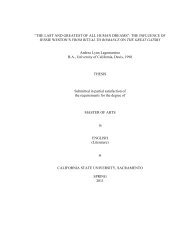COMMUNITY ACTIVISM IN OAK PARK: COMPETING AGENDAS ...
COMMUNITY ACTIVISM IN OAK PARK: COMPETING AGENDAS ...
COMMUNITY ACTIVISM IN OAK PARK: COMPETING AGENDAS ...
You also want an ePaper? Increase the reach of your titles
YUMPU automatically turns print PDFs into web optimized ePapers that Google loves.
environments, such as Ida Susser (1986), Jeff Maskovsky (2003), and Neil Smith (1986),<br />
have documented the dynamics and complexity of gentrification and urban activism in<br />
cities. Since the early 1970s, the news media and an increasing number of academics<br />
have chronicled gentrification, or the movement of middle-income households into low-<br />
income neighborhoods throughout cities in the U.S. (Knox 1987:654). “Gentrification<br />
may have affected less than 1 percent of the central-city housing stock in the U.S.,”<br />
which is “not great when measured against the broad sweep of urban change” (Knox<br />
1987:654). But, as Knox suggests, “The reasons for the extensive literature and<br />
disproportionate interest of academics, politicians, and the media in gentrification are to<br />
be found in what gentrification may (or may not) represent. It encapsulates an ideology”<br />
and<br />
For others,<br />
Not only does a neighborhood populated by ‘upscale’ individuals represent a flow<br />
of money into the city; it also represents a highly esteemed<br />
lifestyle….Gentrification, moreover, confirms the possibilities of upward<br />
mobility. [Beauregard 1985:56]<br />
Gentrification is further evidence of the regressive consequences of the uneven<br />
outcomes of advanced capitalism, with the poor, the elderly, and minorities<br />
bearing the cost of urban change. Further, because it fosters capital accumulation<br />
and the reproduction of the middle classes, gentrification has become a symbol<br />
and portent of urban change for the ‘new wave’ of liberal/socialist urban politics.<br />
[Knox 1987.654-655]<br />
Meanwhile, for academics<br />
Gentrification processes represent a microcosm of urban change in which to test<br />
and develop theory. It is a highly visible expression of changing social relations<br />
and of the interaction of social classes in space and, as such, it offers a convenient<br />
focus for debate over the relative importance of structural forces, historically<br />
contingent events, and human agency. [Knox 1987:655]<br />
8



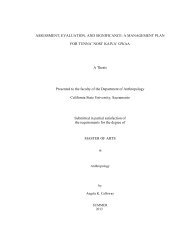
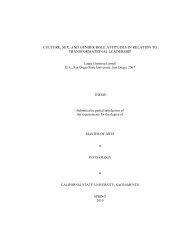
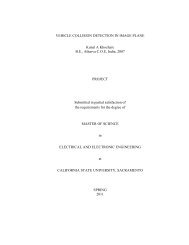
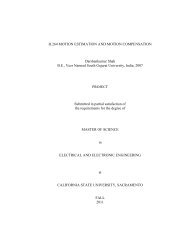
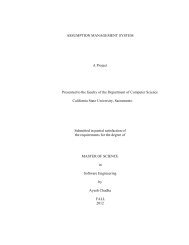
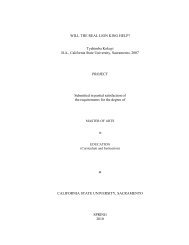
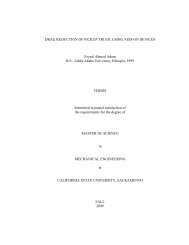
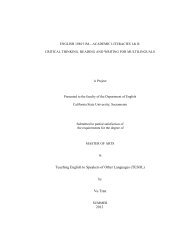
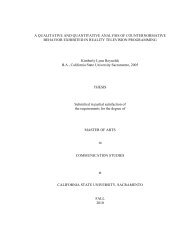
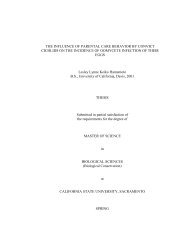
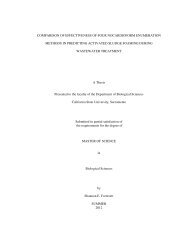
![Completed Thesis to Grad Studies[Final3].pdf](https://img.yumpu.com/17538645/1/190x245/completed-thesis-to-grad-studiesfinal3pdf.jpg?quality=85)
